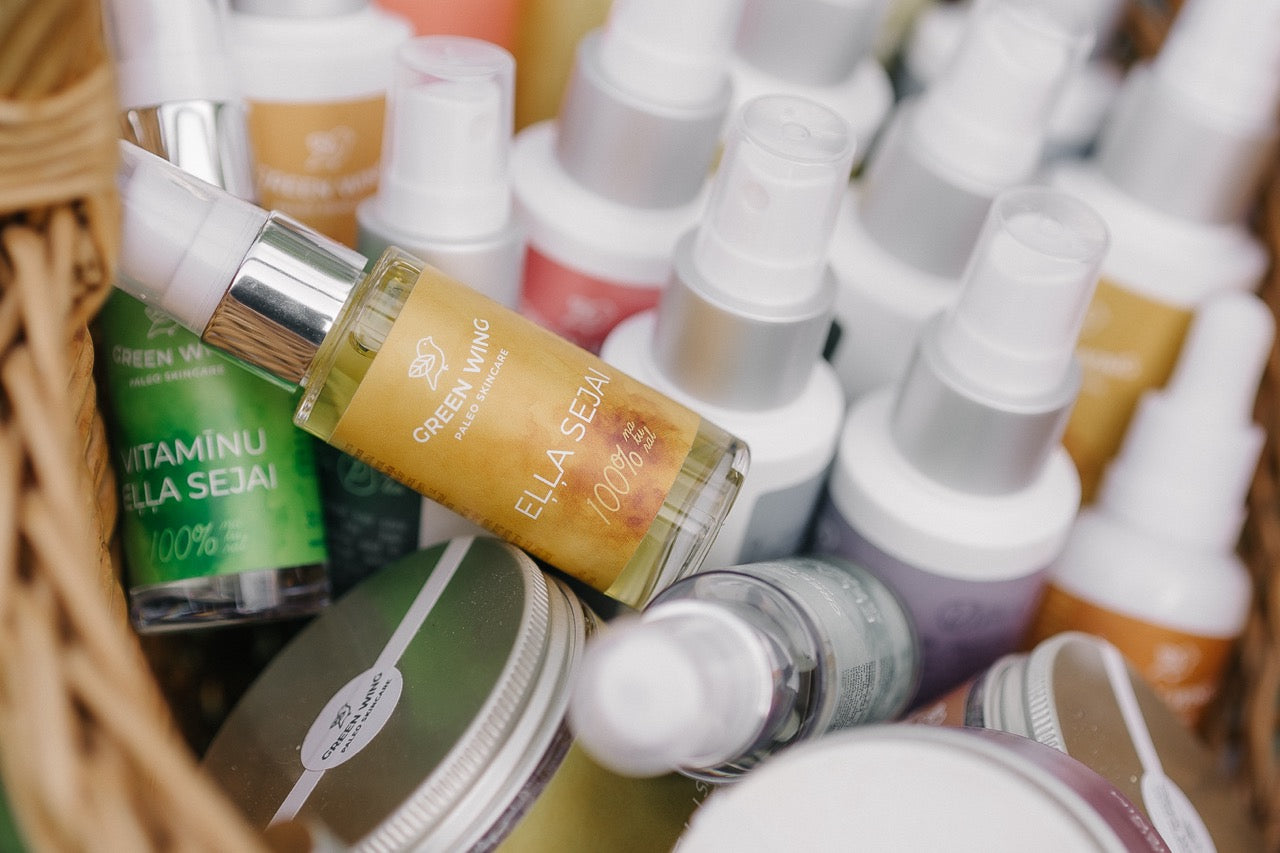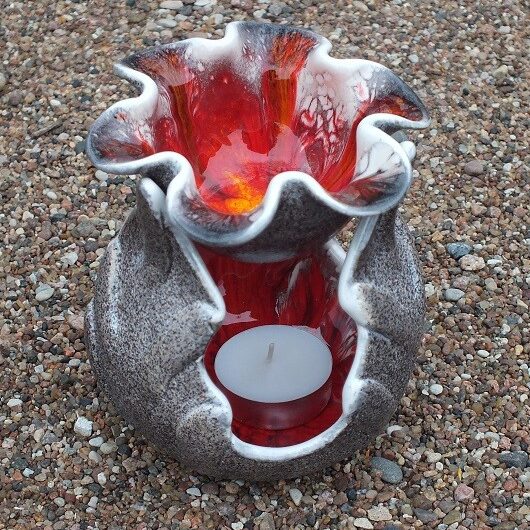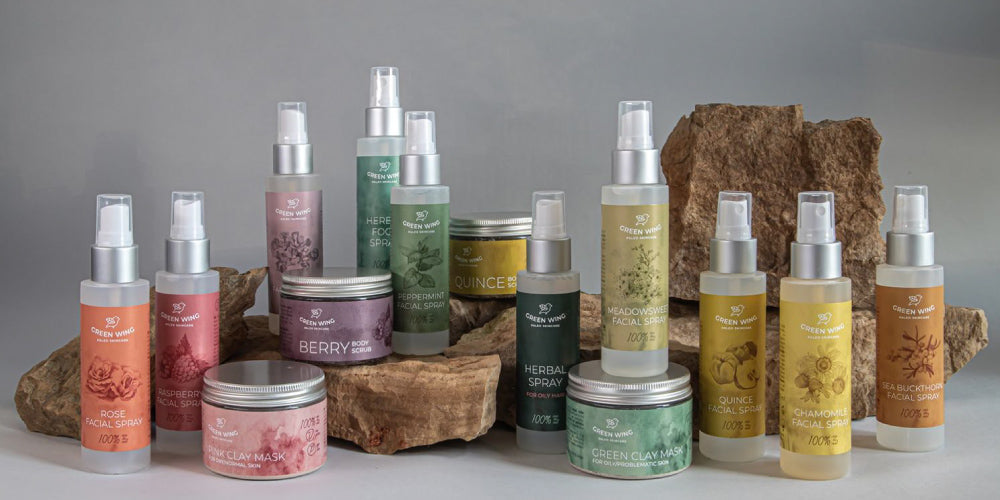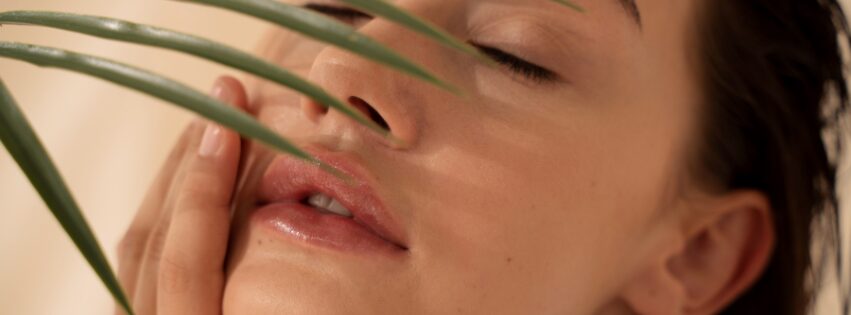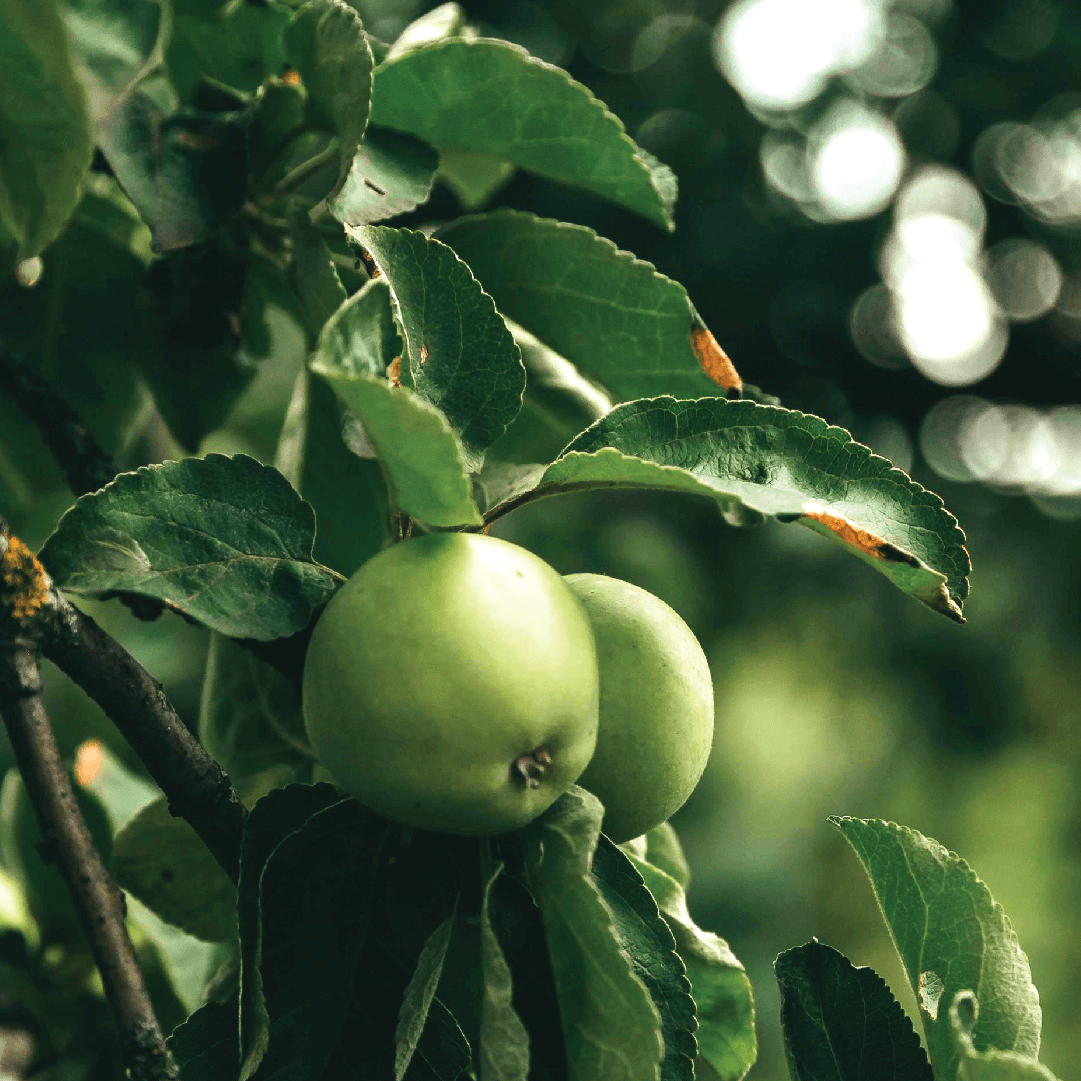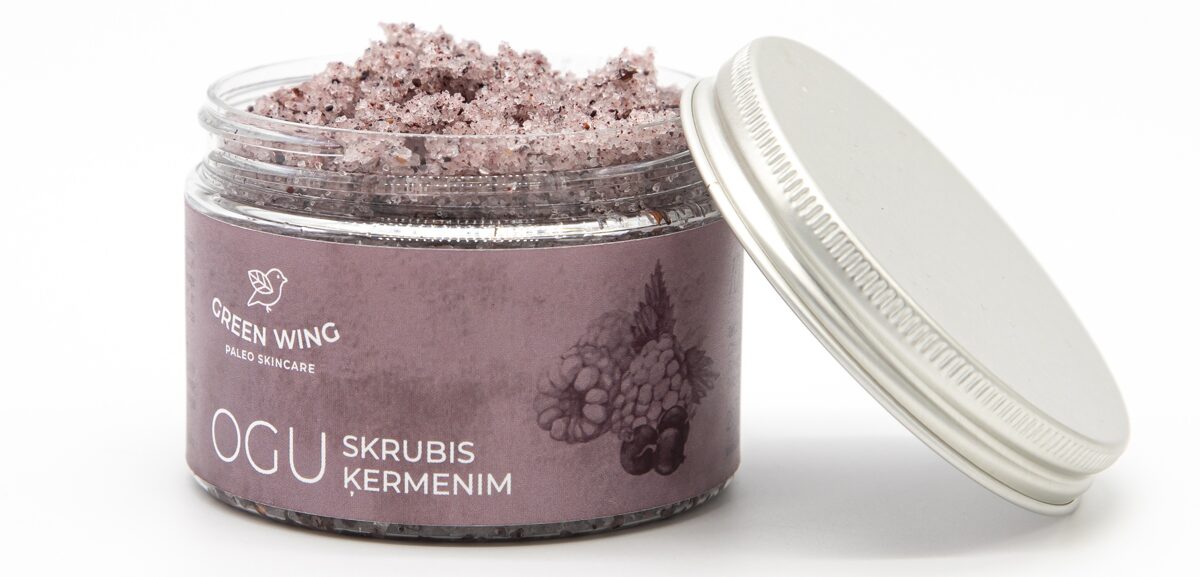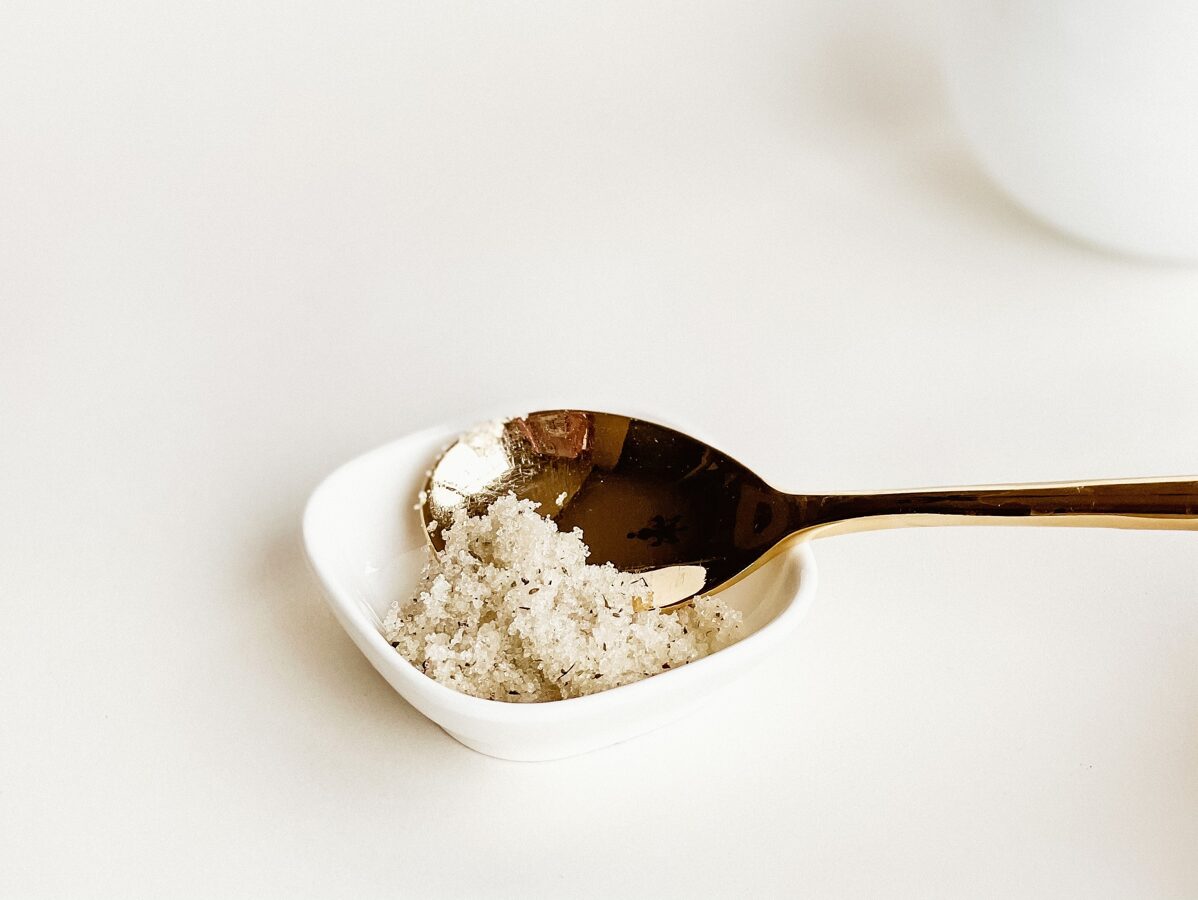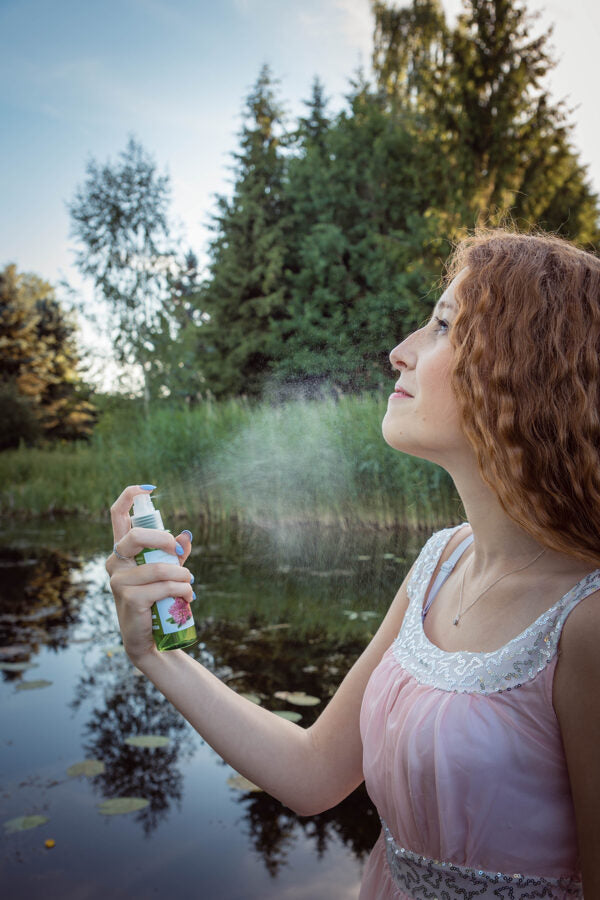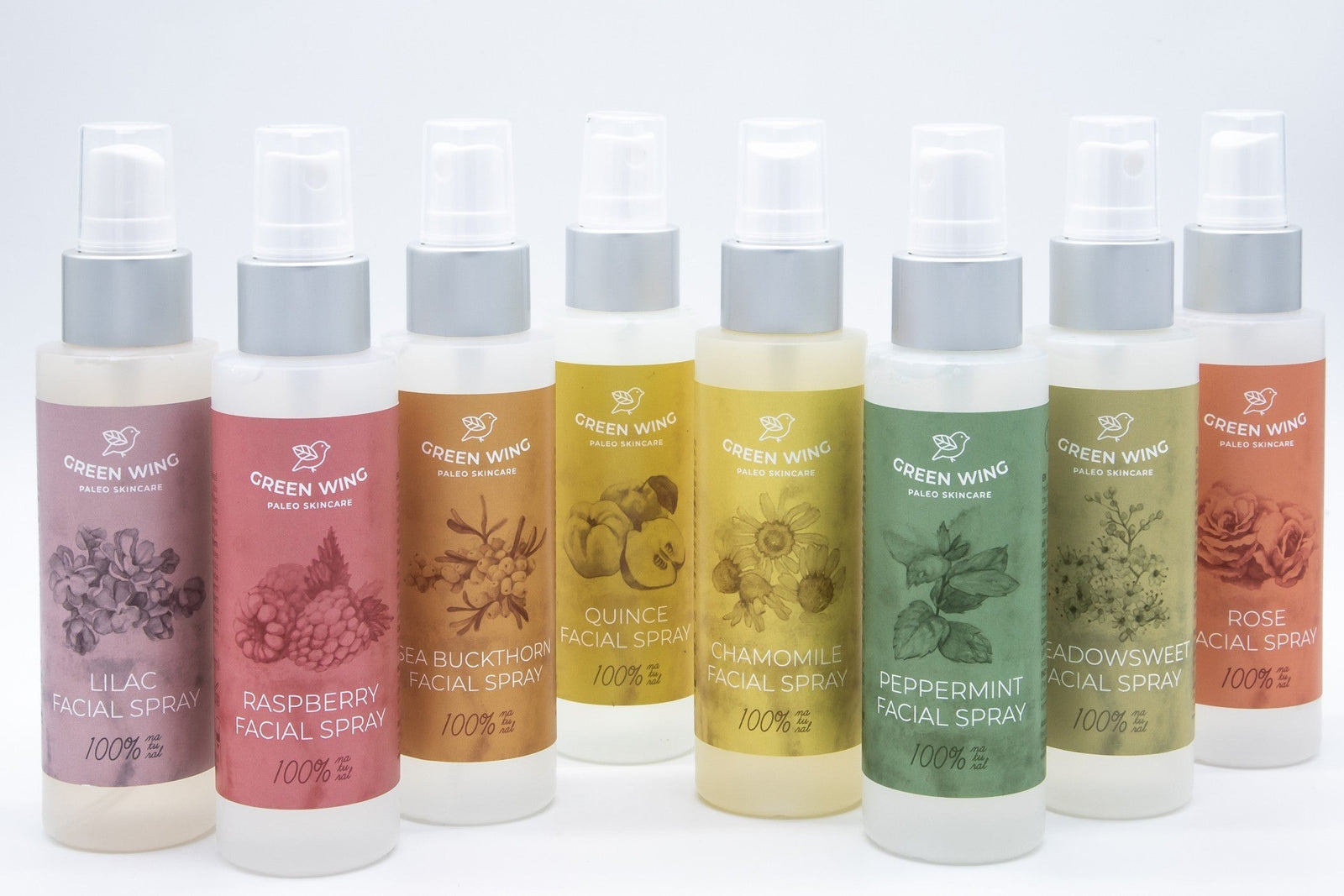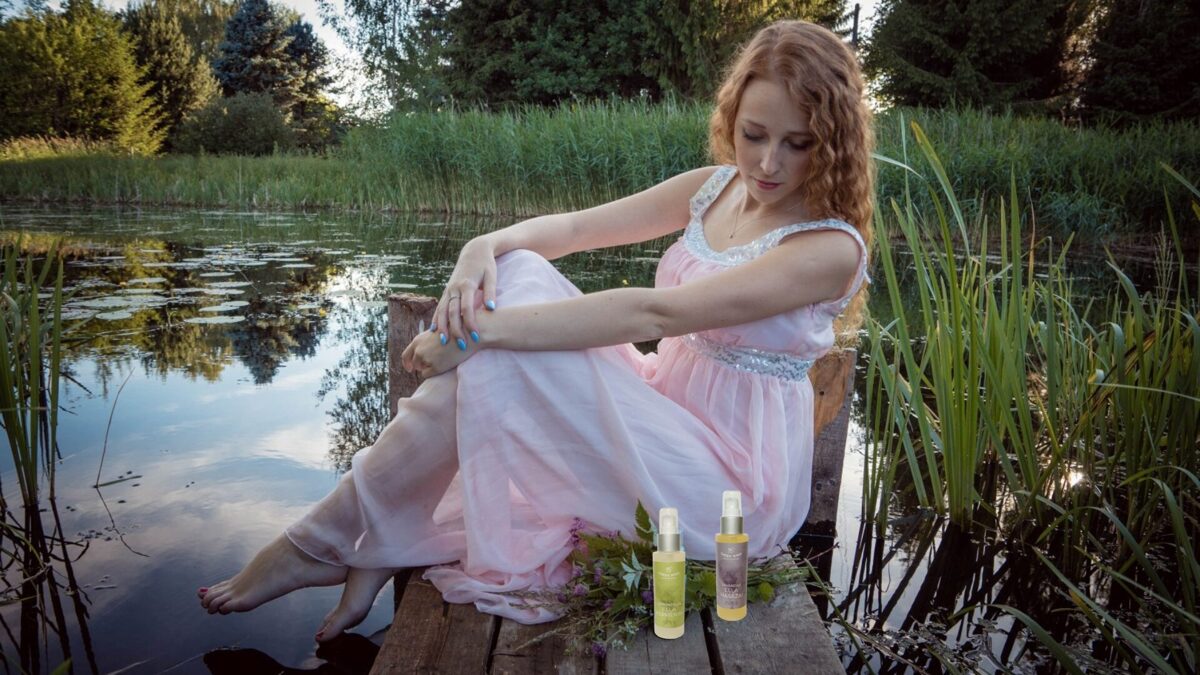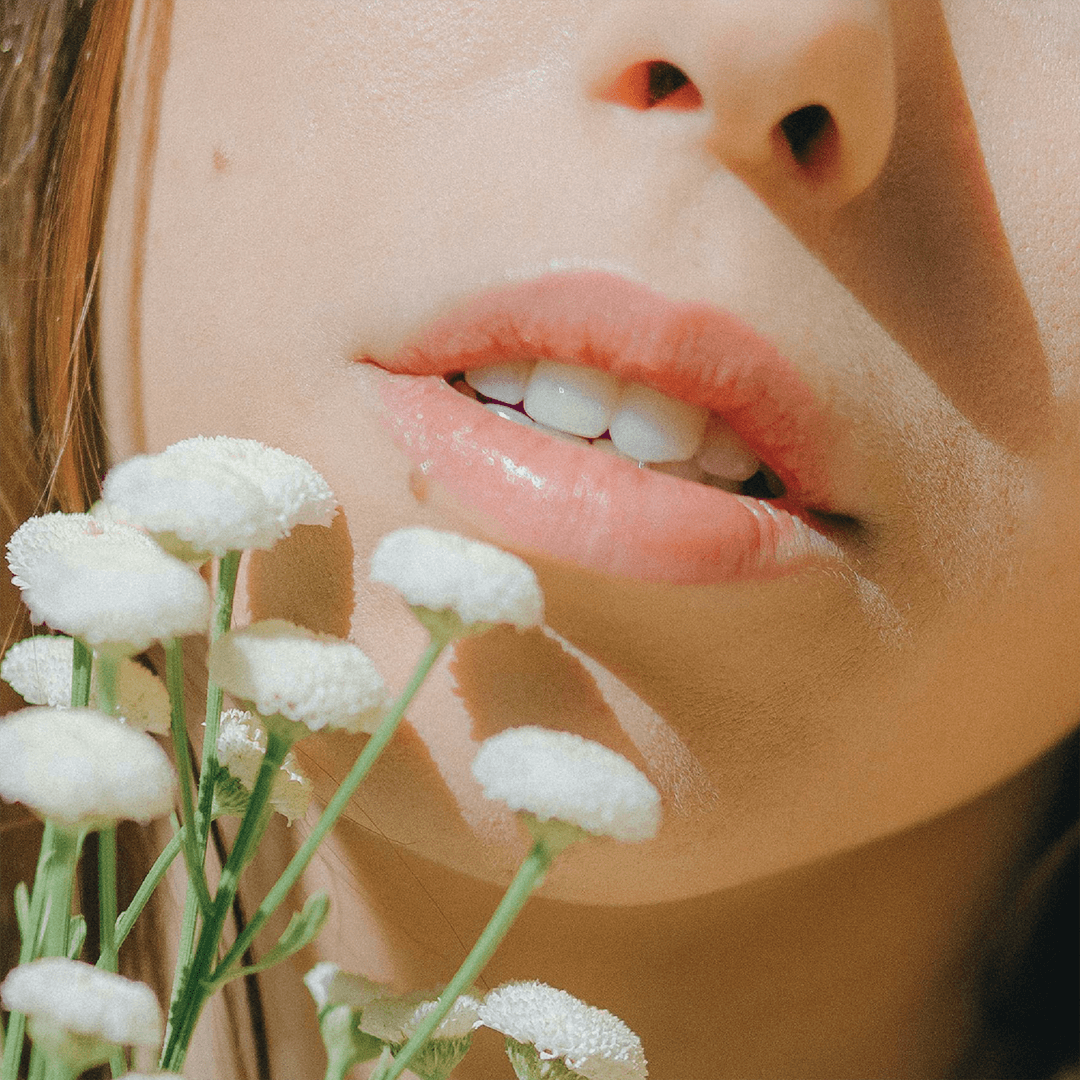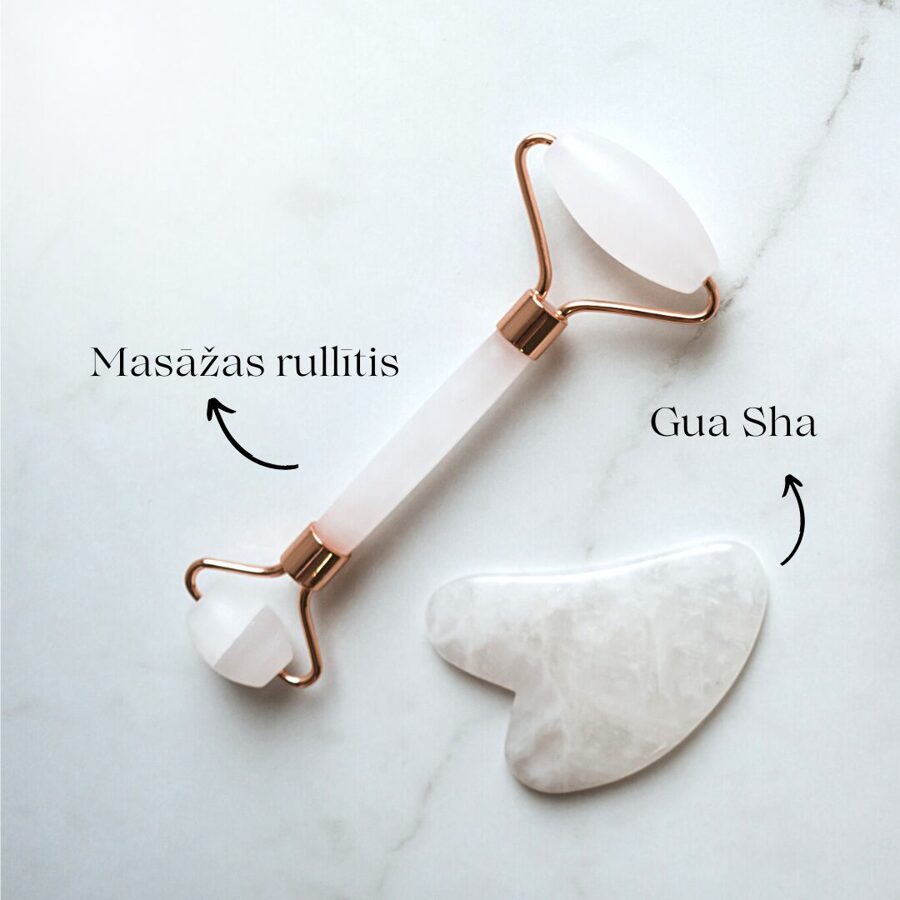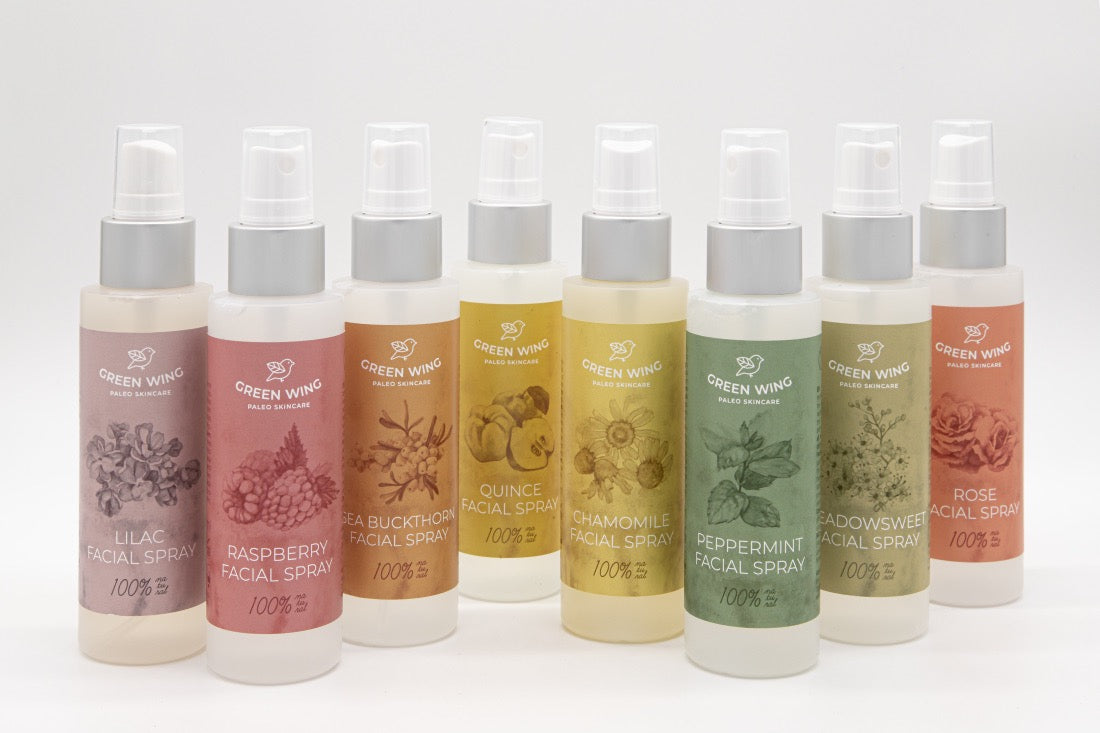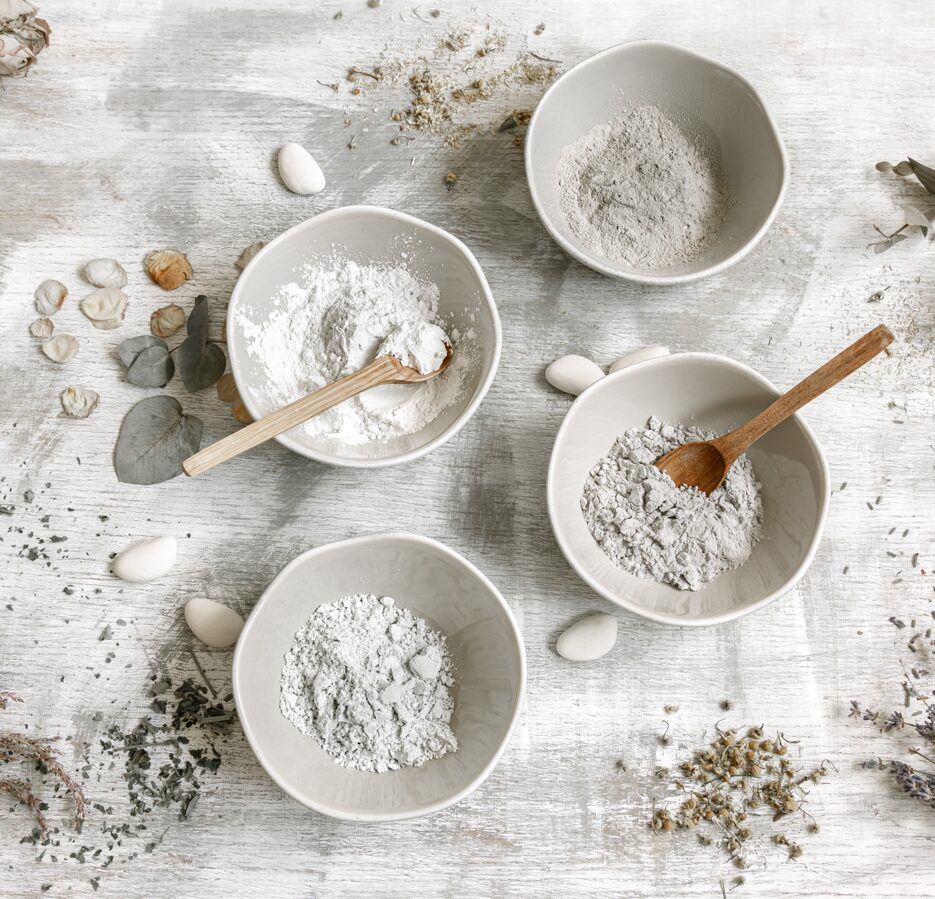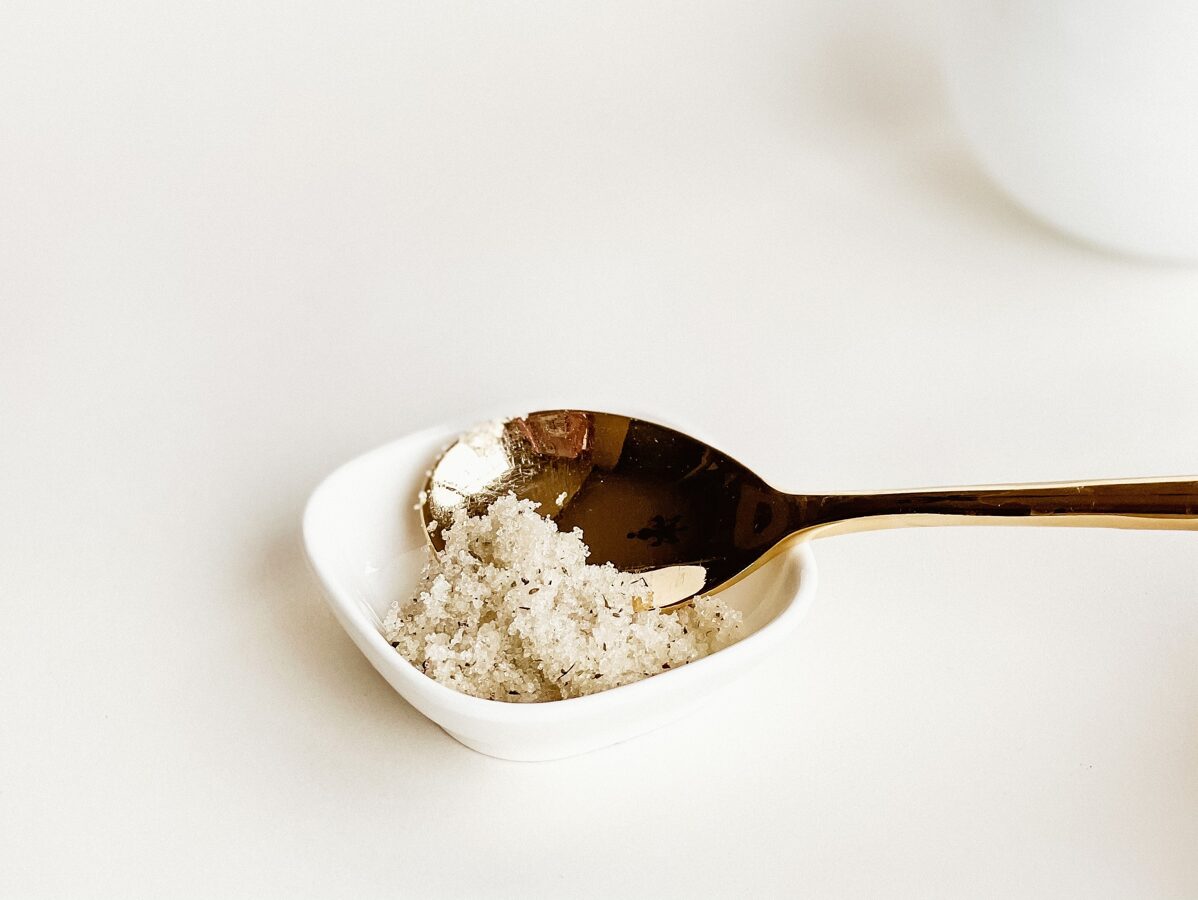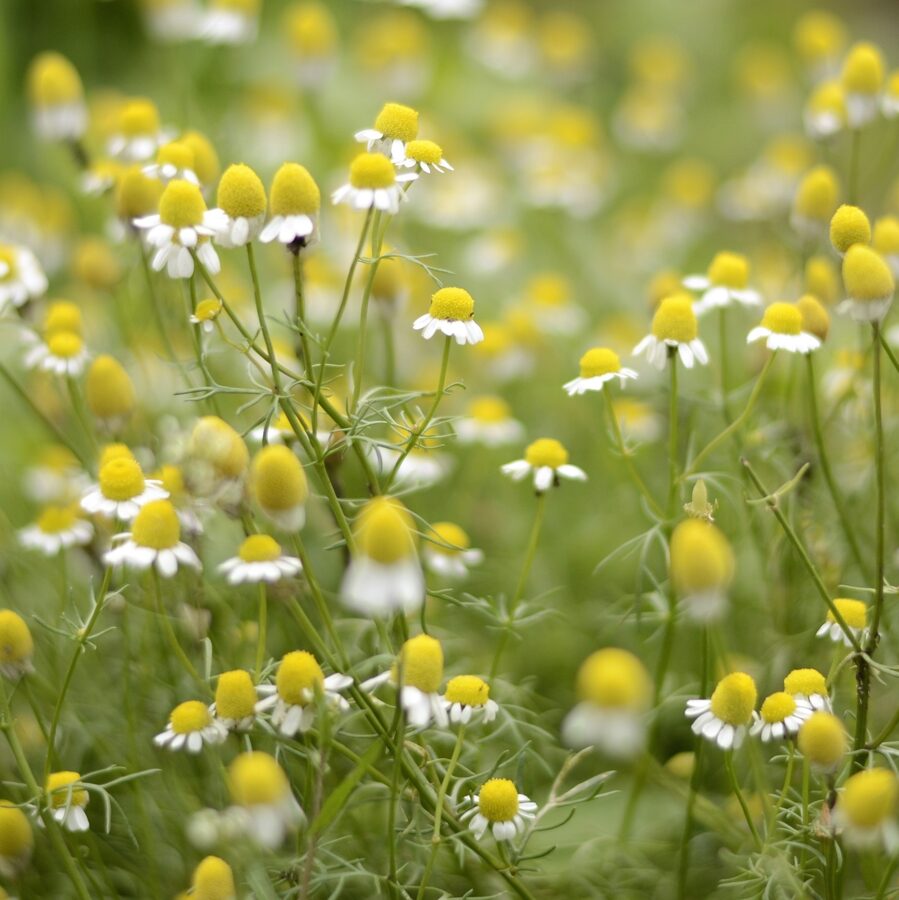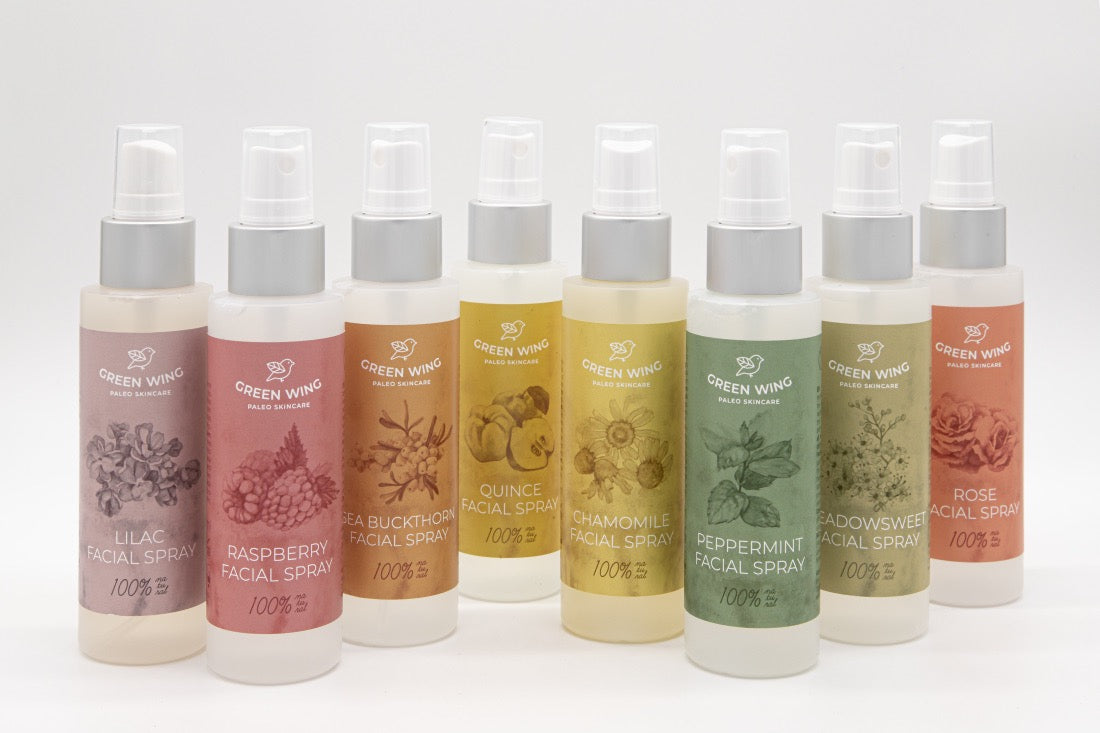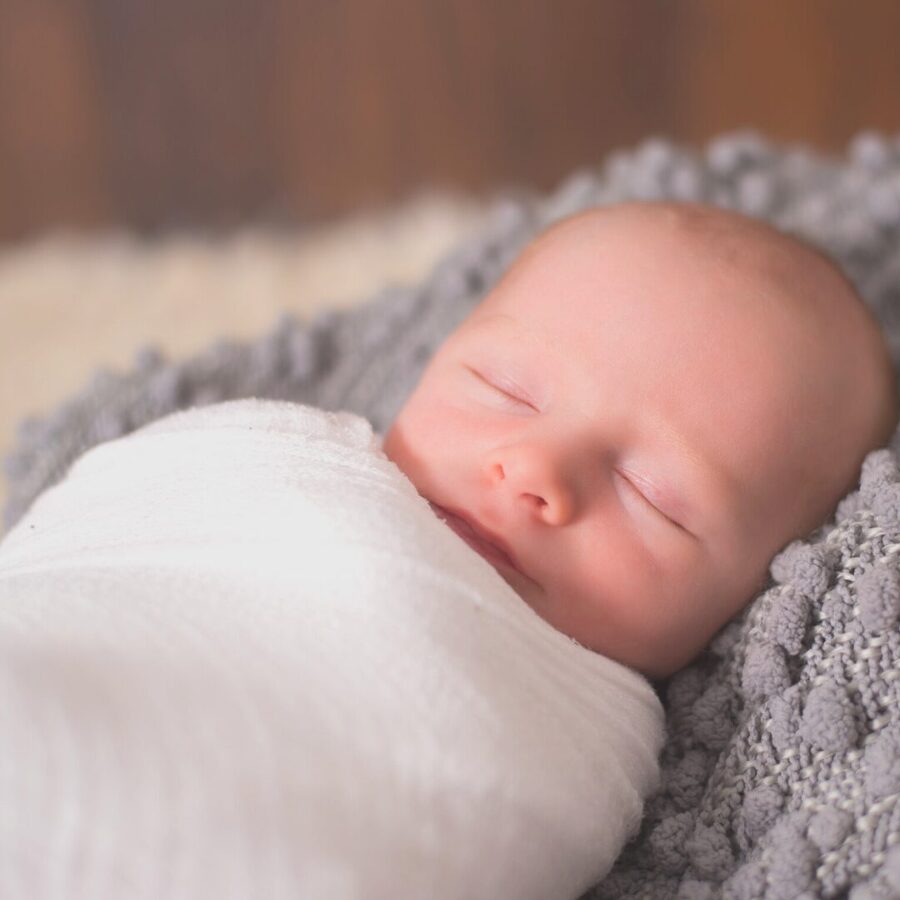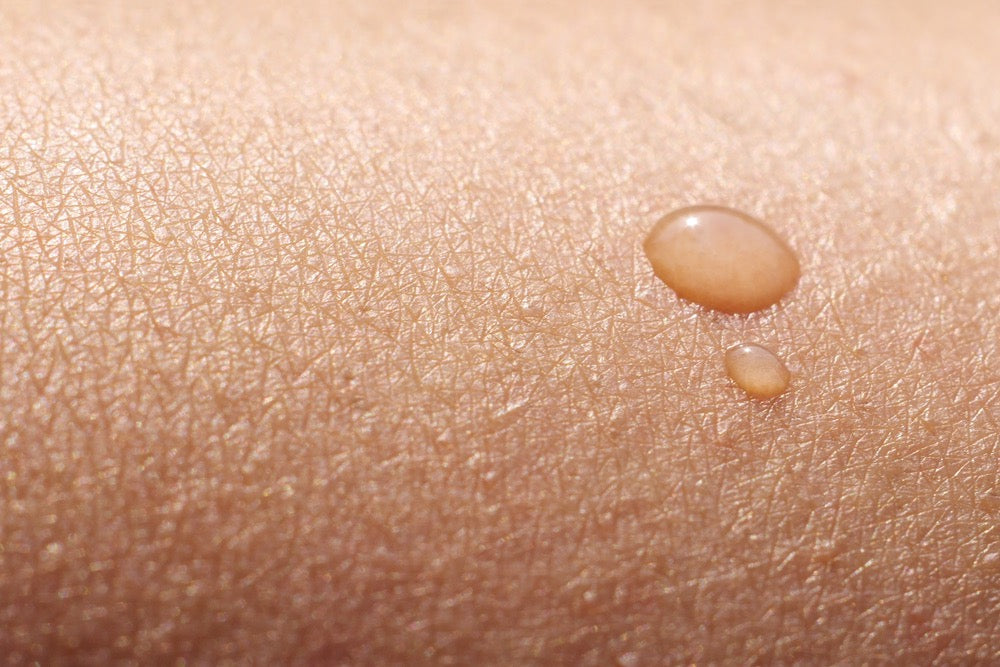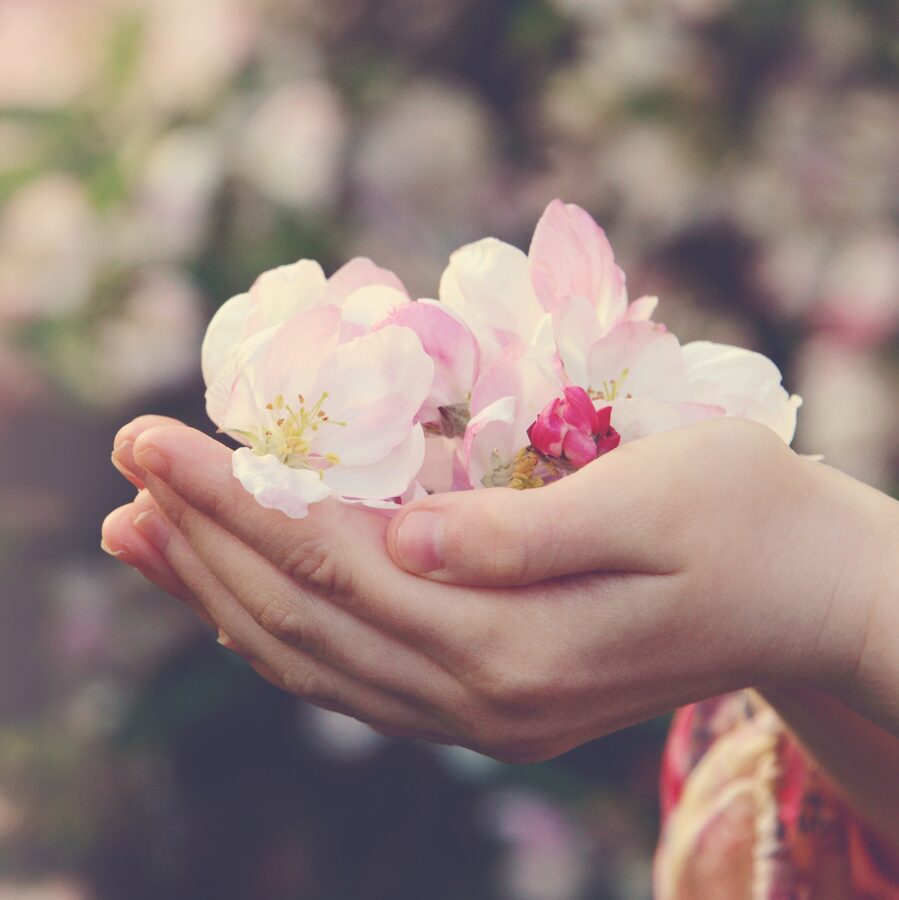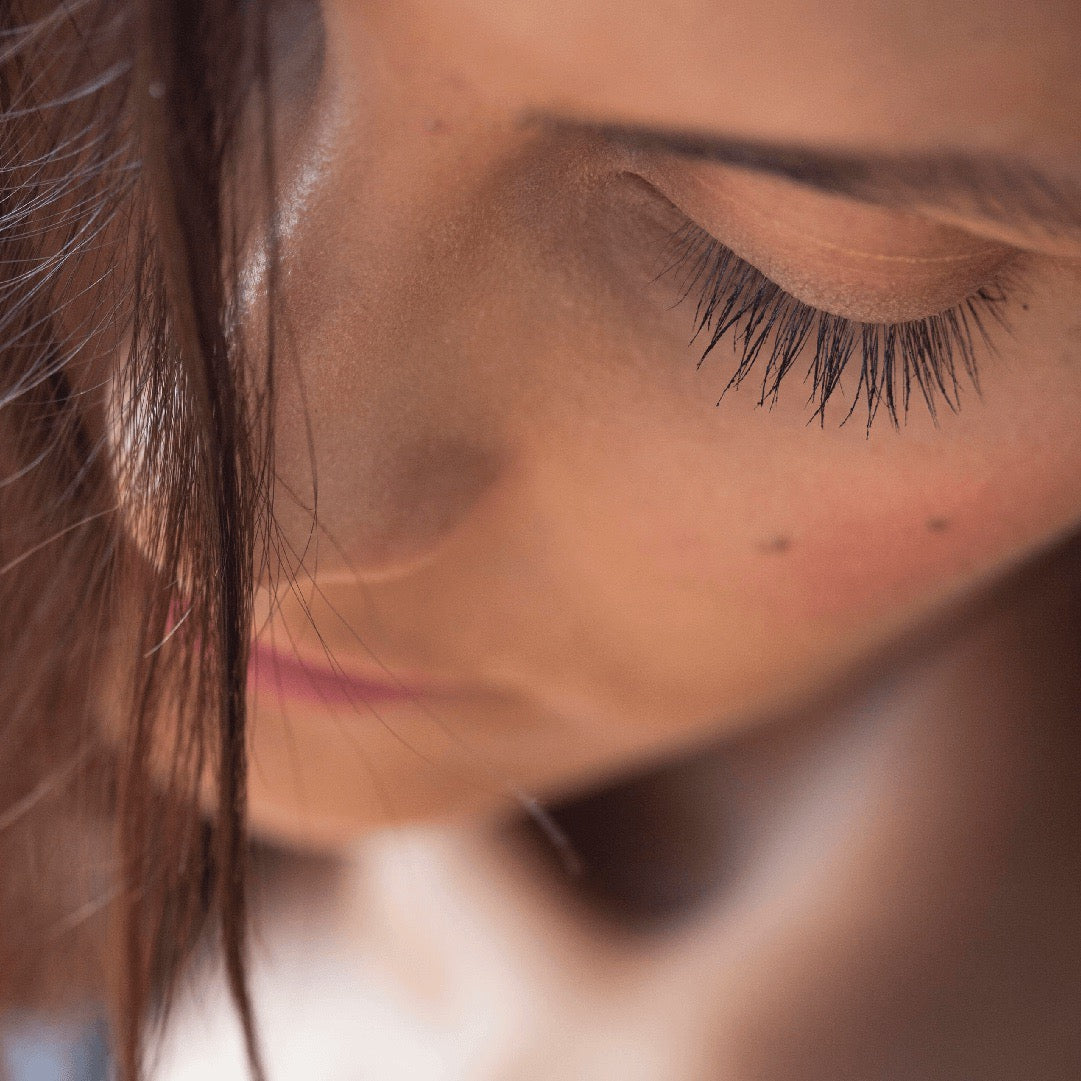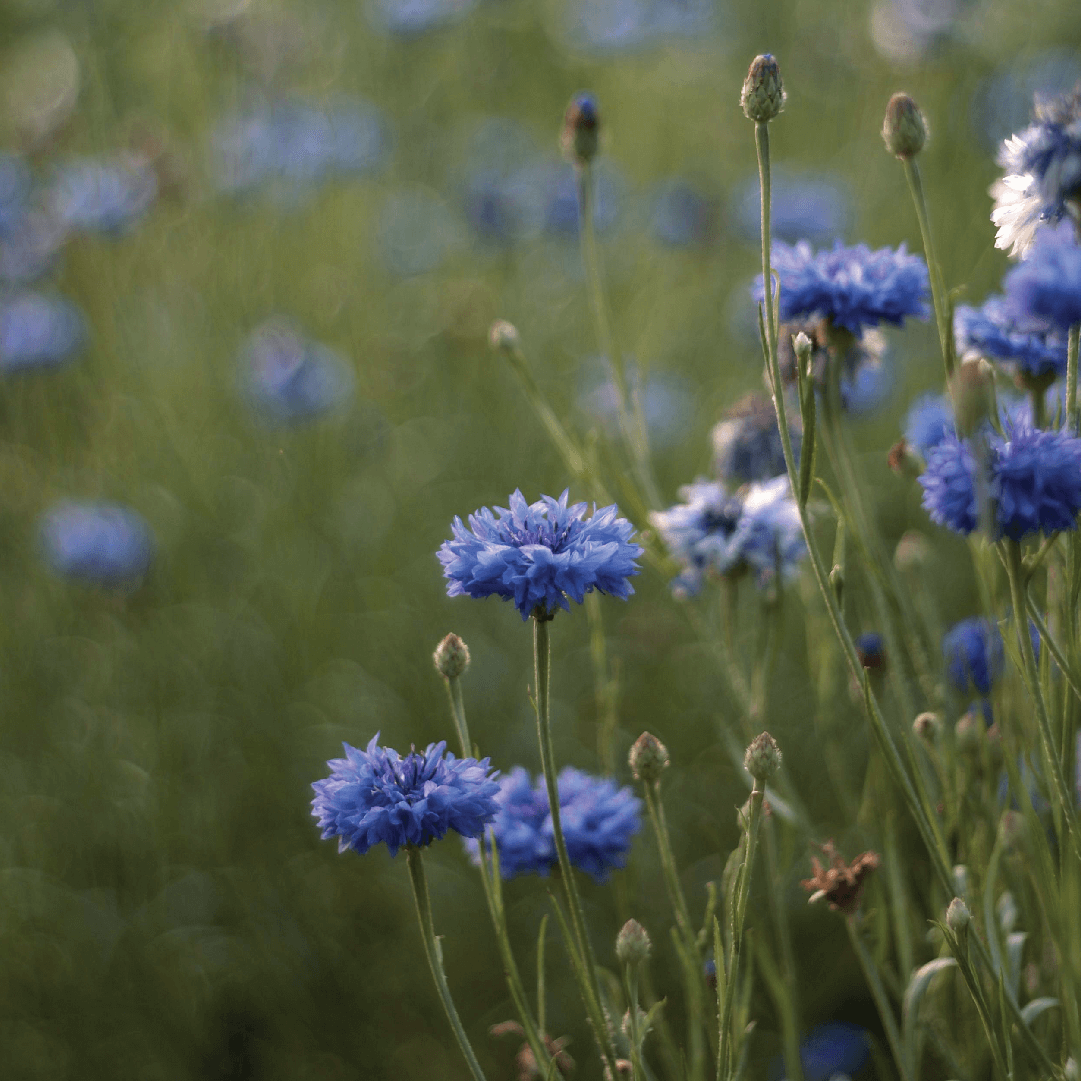In this article you will find out all about scenting rooms with essential oils, what to observe and the best equipment to use. Here I will also recommend some essential oils for use in scented lamps and diffusers.
If you use an aroma lamp or a perfume atomiser (diffuser), there are some principles to follow:
- avoid using large doses of perfume all the time;
- do not change the fragrance blend during the day;
- take breaks from scenting;
- do not scent every room in the apartment or house with a different fragrance;
- if you use perfume for a long time, the dose should be so small that you cannot
- consciously smell it but only unconsciously perceive it;
- the more intense the fragrance, the less oil is needed. There are no set norms, you just have to experiment.
The most common method for scenting rooms is with an aroma lamp. It works by heating the essential oil, as the scent is more quickly released and diffuses into the air by the heat. The oil is either poured into a container of water (hot water speeds up the evaporation) or into a clean, special container that is far enough away from the heat source (a light bulb or candle flame) to prevent the oil from igniting.
There is a wide range of aroma lamps and aroma items. They come in different shapes, materials, quality and prices. Good aroma lamps are designed in such a way that the water in them cannot start boiling, but only heats up. Pictured is a clay aroma lamp from Daugmales Ceramics.
One of the cheapest methods for scenting the air are scentstones - different shaped objects made of clay to absorb the essential oil. The fragrance stone should be placed in a place where the air circulates well: on or in front of an electric heater, next to a humidifier or on heating radiators in winter, on a windowsill in summer (combining essential and antiseptic oils works very well). The advantage of a scentstone is that it can be placed anywhere: on the desk, next to the bed, in the wardrobe, in the toilet. It absorbs liquids very well and can hold up to 2 ml of essential oils, as well as diffusing the scent until it has completely disappeared. With long-lasting fragrances, it can smell for days. The disadvantage of a fragrance stone is that once it has been impregnated with a scent, it will retain it, as the essential oils do not completely disappear. So a fragrance stone should always be infused with the same blend of scents or with one type of scent, such as citrus, woody or floral. Recommended dose of fragrance: up to 10 drops.
Electric scent stones heat up to about 40ºC. They come in different shapes, such as flat or spherical. They do not require water and can therefore be placed wherever candles cannot be used. Recommended fragrance dose: up to 10 drops for a medium-sized living room (up to 30 m2).
The fragrance fan is suitable for use wherever candles cannot be used and long-lasting scenting is needed. Inside the unit there is a liquid-absorbing filter that can be replaced. Essential oils are dripped onto this filter. Above it is a quiet fan which can be adjusted to a higher or lower speed. If you change scents, for example from fresh, lemony scents to warm, woody scents, replace the old filter with a new one each time, as essential oils never evaporate completely and always leave an ‘after-smell’.
Spray flavourings are also available in shops and are simply plugged into an electrical socket. Their main advantages: handy, small, easy to replace the fragrance reservoir, scents rooms for days. And scent fountains both humidify the air and saturate it with essential oils. The fragrance fountains are equipped with a pump that ensures the continuous circulation of water. Even 5-6 drops of oil are enough to scent a room of up to 50 m2 and the scenting process is very fast.
The winter months are characterised by regular waves of colds, so indoor air needs to be disinfected as often as possible. Essential oils of lemon, lemongrass, eucalyptus, cinnamon, rosemary, tea tree or thyme, which have disinfectant properties, can help.
Insects can be repelled by essential oils of cedar, lemongrass, eucalyptus, geranium, mint and patchouli.
Orange, lemon, lemongrass, hyssop, juniper, cinnamon, lavender or mint will neutralise disturbing aromas. Spruce, juniper, myrtle, pine, sage and frankincense neutralise energetic fluctuations.
If you want to freshen the air in your room, essential oils with deodorising properties like lemon, lemongrass, spruce, fir needles, eucalyptus, mountain pine, lime, lavender and sage can help.
If you want to use essential oils on an ongoing basis for healing purposes, rather than just occasionally to scent rooms or as a natural perfume, it is very important to follow the safety rules.
